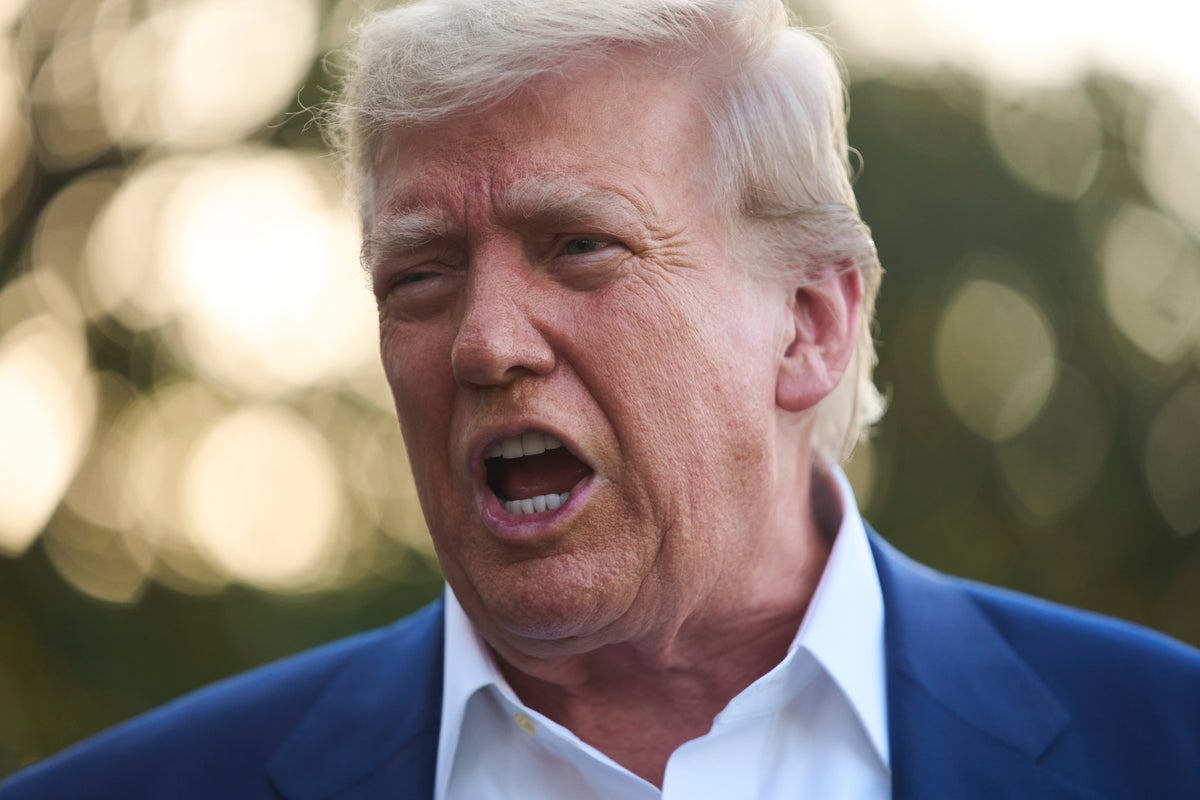Inside Washington: Public Reaction to Trump’s Military Action Against Iran
In the latest twist of U.S. foreign policy, a new CNN poll has revealed that a significant majority of Americans disapprove of President Donald Trump’s decision to take military action against Iran. This military engagement involved Operation Midnight Hammer, which saw U.S. forces dropping bunker-buster bombs on several Iranian nuclear facilities, notably in Fordow, Natanz, and Isfahan.
Poll Findings and Public Opinion
According to the CNN and SSRS survey, conducted from June 22 to June 23, 56% of respondents expressed disapproval of Trump’s choice to escalate military tensions with Iran. The timing of the poll is particularly critical, as it was taken just days after the strikes were authorized, providing a raw look into public sentiment amidst this international crisis.
Further complicating the situation, 58% of those surveyed believe that these attacks will increase, rather than diminish, the threat Iran poses to the United States. This is noteworthy as it reflects a broader concern among the public regarding the effectiveness of military action in addressing complex geopolitical issues.
The Ceasefire and Trump’s Contradictions
Compounding the public’s disapproval, Trump’s military strikes came shortly after he had announced a “total ceasefire” between Israel and Iran. However, just a couple of days later, he publicly reprimanded both nations, stating they "know what the f*** they’re doing." This contradiction may have contributed to the rising skepticism about his handling of the situation.
On Truth Social, the platform Trump frequently uses to communicate with followers, he implored Israel not to escalate hostilities. “ISRAEL. DO NOT DROP THOSE BOMBS,” he stated emphatically, expressing his concern over potential violations of the ceasefire agreement. Trump’s rhetoric raises questions about the consistency of his foreign policy strategies, and how they resonate with the American public.
Calls for Diplomacy
In a revealing aspect of the poll, 39% of Americans indicated that the U.S. did not sufficiently pursue diplomatic avenues before resorting to military action. This finding points to a desire among the electorate for more cautious and thoughtful engagement in foreign affairs, rather than immediate military interventions. A slight majority of 55% also expressed distrust in Trump’s ability to make sound decisions regarding the use of force in Iran.
Moreover, a striking 65% of Americans want Trump to seek congressional approval before embarking on any further military operations. This highlights growing concerns about executive power and the implications of unilateral military action without broader legislative consent.
Economic and Security Concerns
The poll’s timing is critical, as it arrives amid multiple surveys indicating that many Americans feel less secure due to the strikes. In a YouGov survey, respondents expressed the belief that Trump’s military actions might make the U.S. less safe, suggesting that military strength is perceived as potentially counterproductive in achieving long-term safety and stability.
As the president heads to the Hague for a NATO summit, he commented on the current scenario with Iran, stating, “China can now continue to purchase Oil from Iran.” He expressed hope that these economic transactions would benefit the U.S. as well, claiming it was his “Great Honor to make this happen!” This optimistic view stands in stark contrast to the apprehensions voiced by the American public.
Backdrop of Declining Approval Ratings
Public disapproval of Trump’s handling of this conflict is part of a broader trend of declining approval ratings. Recent surveys show that his popularity has waned as economic concerns, such as the impact of “Liberation Day” tariffs, come to the forefront. The economic implications of his immigration policies have also been met with disapproval, indicating that his domestic policies might be influencing how the public perceives his international decisions.
In summary, the combination of mixed responses to military action against Iran, calls for greater diplomacy, and underlying economic concerns provides a complex narrative surrounding Trump’s current presidency. The significant public discontent captured in recent polls may have far-reaching implications not only for U.S.-Iran relations but also for Trump’s administration as it navigates a tumultuous international landscape.


